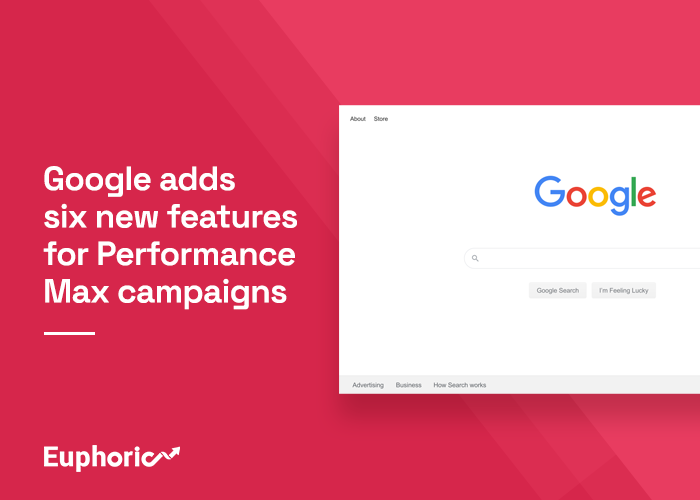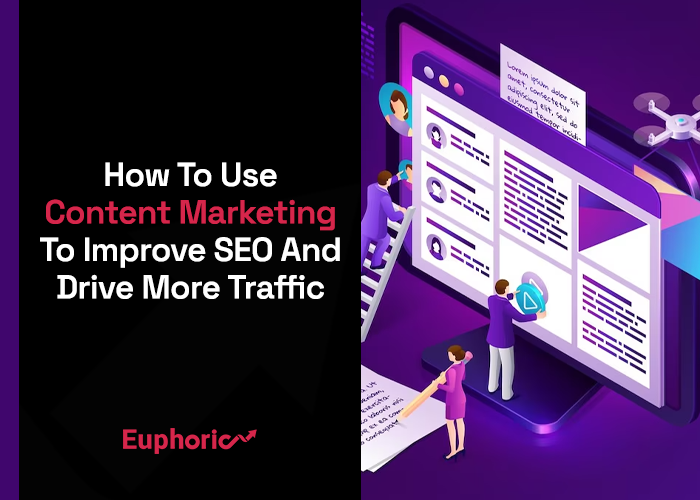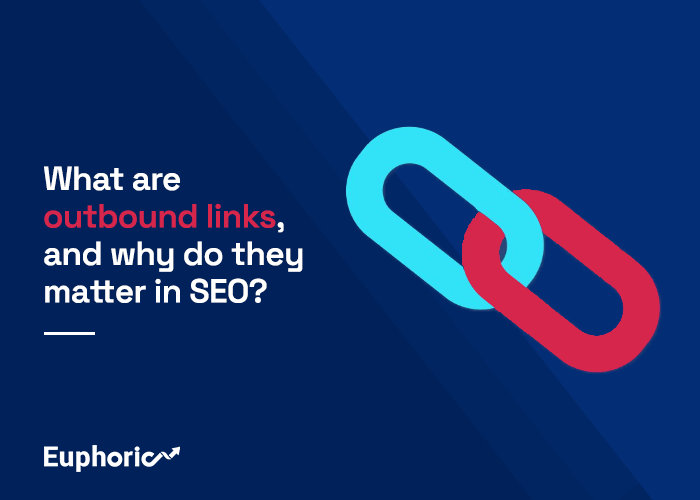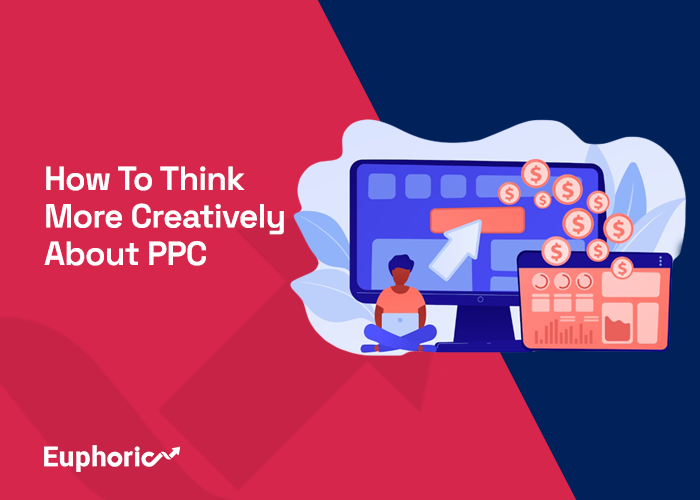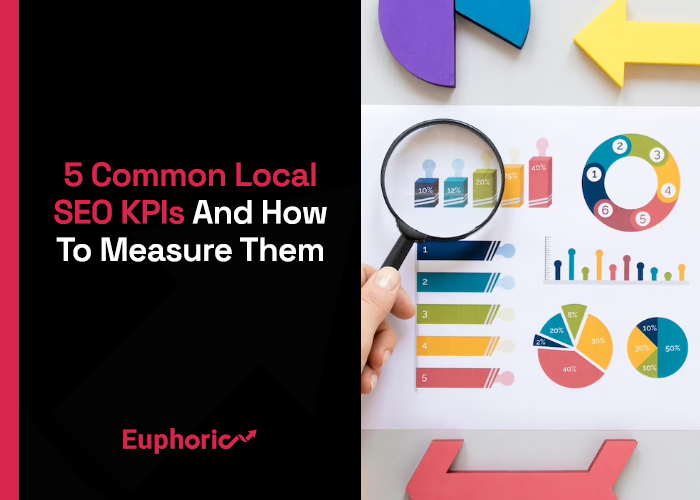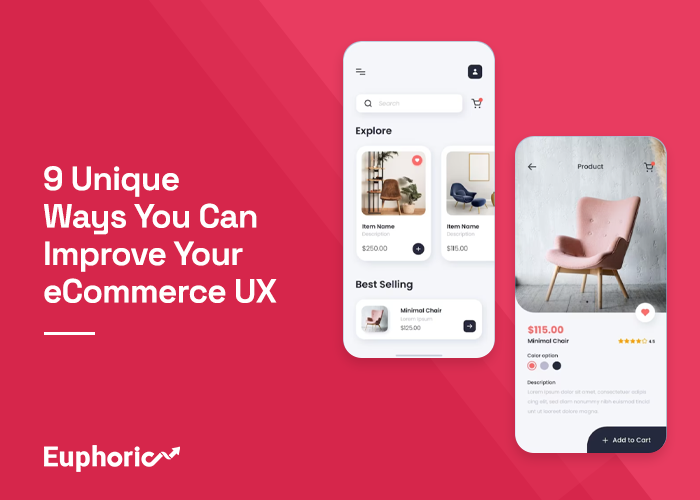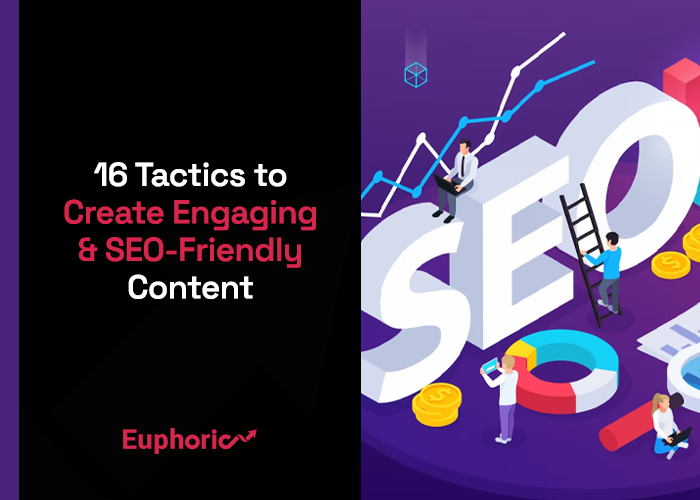What are outbound links, and why do they matter in SEO?
Euphoric have a proven track record in creating long-lasting and sustainable backlinks, and we share why outbound links matter and how to use them to your advantage.
A popular tool in search engine marketing is called the “outbound link” report. This report gives users a snapshot of the links from one website to another.
But unlike most reports on linking in tools of this type, this one focuses on the links pointing out to other sites from a user’s website.
When we talk about links, many people are confused with what we call things – until they aren’t.
Let’s bring some clarity to the conversation around outbound links.
What are Links?
There are two main types of links that marketers worry about: inbound and outbound links.
Inbound links are those that point at your site from another site.
One example of an inbound link would be a recipe blogger linked to a page selling a specific type of cherry filling they recommend for their delicious cherry apple tart recipe.
An outbound link points to someone else’s site.
For example, if you are a recipe blogger and write a recipe for delicious cherry tarts, you might be particular about your recommended ingredients. You could link to a page selling the specific cherry filling.
An inbound link is also an outbound link.
All links are inbound and outbound. So, how do you know when a link is an inbound link versus an outbound link?
When you know who you are.
If you are the one receiving the link – if the link is pointing to your website – then the link is inbound.
If you provide the links – so you are pointing the link to another site – then the link is outbound.
But once you understand who you are in the whole linking environment, it’s not hard to understand who plays first base.
Don’t make SEO complicated.
Semrush gives you a transparent analysis of your website’s performance with the best data, visuals, and actionable tips.
They had the idea to apply this idea to search engines, which previously relied on analysing the words on the site to determine which site should rank first.
The PageRank operation was light years ahead of the competition in providing relevant results for any query.
Then Google was born.
While the current Google looks nothing like the one created by Larry and Sergey back in the late 90s, the concept of links is still strong in what makes a site rank in Google.
A simplified explanation of what happens behind the scenes, but the fundamental idea of the concept is simple.
The more authoritative links a site has pointing to it, the more authoritative it will be.
The more authoritative a site is, the more likely it will rank for a query.
Do outbound links Improve search Rankings?
We are frequently asked if outbound links will help a site rank for a specific query. The answer to this question is no.
We are also asked if outbound links will hurt a site’s rankings. The answer to this question is also no.
Some in SEO think that providing outbound links dilutes the link profile.
I’ve never seen any evidence, either anecdotal or from Google itself, that indicates that outbound links are a ranking factor.
Nevertheless, it’s important to remember that outbound links are also inbound links.
And inbound links are a ranking factor in the Google algorithm.
So, in reality, outbound links are ranking factors – but not for the site linking out. It’s only because those outbound links are inbound links for someone else.
When Should I Create Outbound Links?
Outbound links are not a ranking factor in Google’s algorithm, but you will need to create outbound links if you care about your content marketing.
Create outbound links when they make sense.
If your audience will benefit from a link to another website, add the link to the other website.
There is no “creating outbound links for SEO” because creating outbound links for SEO would be a waste of effort.
However, done right, outbound links help increase your website’s authority.
If you are providing value in your content, your authority will increase.
And one way to provide authority is to provide valuable resources to the consumers of your content.
If you are afraid of users leaving your site and not returning, you aren’t providing enough value.
But if you are still worried, you could always make outbound links launch in a new browser tab.
That way, your site doesn’t go away in the users’ browser.
So when should you create outbound links? Anytime you want to be relevant to your visitors and potential customers.
In Conclusion
Outbound links are also inbound links.
Everyone wants inbound links, but inbound links don’t exist without outbound links.
Marketers and SEO professionals should not be afraid to link to a resource that will provide value to their visitors.
Outbound links may not make your site rank, but being stingy with outbound links may keep your site from ranking in the long run.
Without outbound links, it’s hard to create the authority necessary to rank for all the queries you’ll want to rank for.
Are you ready to smash it online?
Euphoric is an SEO agency based in West Sussex.
If you want to find out how we can help you with your SEO and content marketing strategies, we would love to learn about your next project.
We’ve been smashing it for our clients and achieved significant increases in rankings and traffic through our SEO strategies, and we would love to do the same for you!














